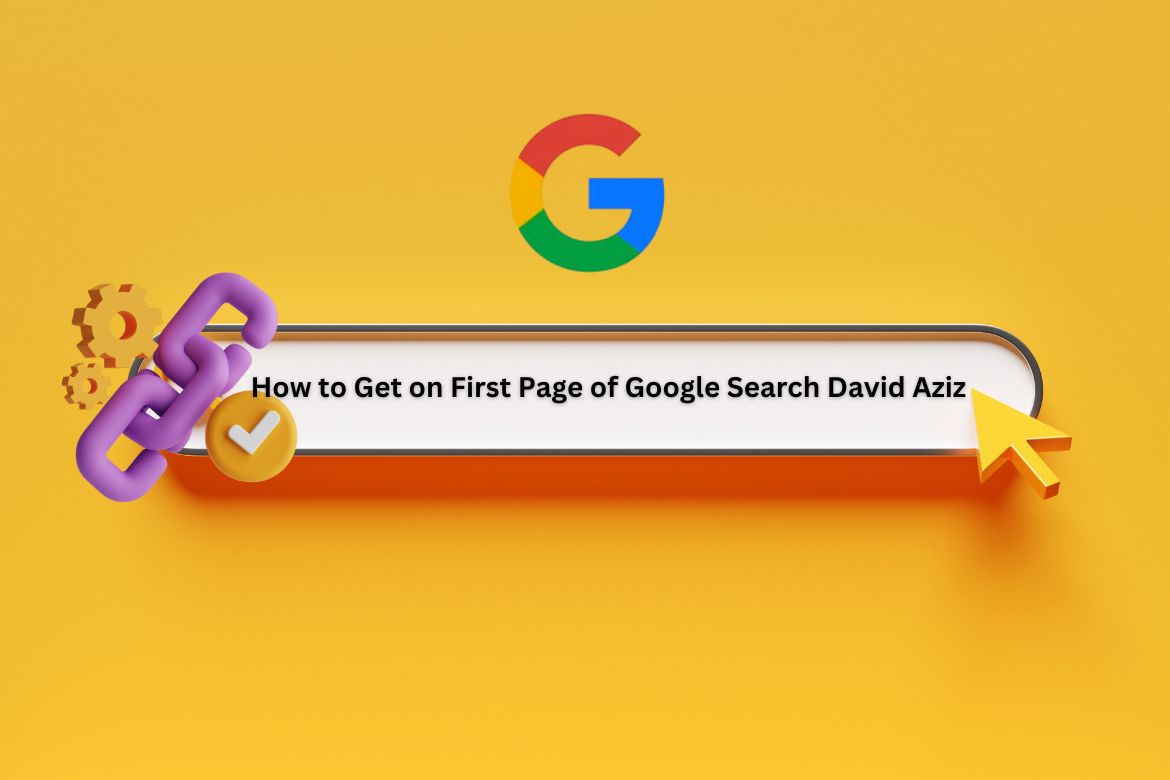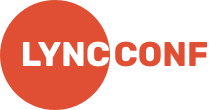How to Get on First Page of Google Search David Aziz

Are you wondering how to get on first page of Google search David Aziz? You’re not alone. We asked the same question not long ago, and today, we’re here to share real steps, honest tips, and what actually worked for us. This guide is based on our own journey, helping our website rank higher on Google, even against strong competition. Whether you’re a small business owner, content creator, or just someone wanting to grow online visibility, this post will help you understand the full picture in a simple and personal way.
You will find clear answers right away, plus all the small details that make the biggest difference over time. We’re not giving you a basic list of steps—this is about giving you real advice that’s worked for us. Let’s dive deep into everything we’ve learned.
Understanding Google’s First Page Goals
Before anything else, we need to understand what Google wants. Google ranks websites based on many things, but most importantly:
- Is your content helpful?
- Are you trustworthy?
- Do users stay on your page?
From our own journey, we noticed that when our content was written clearly, helped people, and kept them reading, Google started ranking us better. This is part of what experts call E-A-T, which stands for Expertise, Authoritativeness, and Trustworthiness. It sounds hard, but let’s break it down.
Expertise
We started by writing what we know best. We didn’t copy others. We talked about our real experiences and explained things as if we were speaking to a friend. That made a big difference.
Authoritativeness
We made sure to link to trusted websites, and over time, other blogs started linking back to us too. That showed Google we are part of a trusted community.
Trustworthiness
We shared our real name, contact details, and company info on the website. We also kept our site safe, fast, and mobile-friendly, which Google loves.
Writing Content That Actually Helps People
Now let’s talk about how we wrote our content. We found that the more helpful and clear our writing was, the better it ranked. We asked ourselves:
- What is the user really looking for?
- What problem are they trying to solve?
- Can we make this easier to understand?
So when we created a post like this one about how to get on first page of Google search David Aziz, we started with the answer right away, then explained every part in full detail later. That’s why we use short paragraphs, clear headings, and personal stories.
Choosing the Right Keywords
Finding the right keyword is the starting point. For us, the keyword “how to get on first page of google search David Aziz” was not just a random phrase. It came from real user intent.
We used free tools like:
- Google Search (auto-complete)
- Google Trends
- Ubersuggest
These tools helped us find what people are really typing into Google. But choosing the keyword isn’t enough. We also made sure to:
- Use the keyword in the title
- Add it to the first paragraph naturally
- Include it in at least one or two H2 headings
- Use it in the meta description
All of these things helped us rank better over time.
Creating High-Quality and Easy-to-Read Content
Here’s the thing—we saw our ranking jump higher when we started writing like we’re doing now: conversational, clear, and helpful. Many websites write in a way that is too hard to understand. We wanted to make sure even a 7th-grade student could follow us easily.
We also avoided lists and bullets unless needed. Why? Because real connection comes from paragraphs and stories. This style helped users stay longer on our page, which told Google our site was worth ranking.
What Worked for Us
- Answering questions early
- Using shorter paragraphs (4-5 lines each)
- Writing in simple English
- Giving real examples
- Avoiding too many lists or technical words
This might sound basic, but trust us—it works.
On-Page SEO Done Right
Let’s talk about the things we did on our page to help Google understand our content.
We made sure our:
- Page loaded fast on mobile and desktop
- Images were compressed (to load faster)
- Used H1 for the title, then H2, H3, and H4 to organize the content
- Had meta descriptions that explained what the page was about
- Had internal links to other helpful posts
These steps might feel boring, but without them, our good content was going nowhere. Once we fixed these, our traffic started growing.
Gaining Trust and Building Authority
Let’s face it: Google doesn’t want to rank websites it doesn’t trust. We worked hard to build that trust.
Here’s how we earned it:
By Being Transparent
We told people who we are, what our website is about, and how to contact us.
By Sharing Personal Stories
Instead of copying other content, we talked about what worked for us. That made us more unique and trustworthy.
By Getting Links Naturally
Over time, people linked to us because our posts helped them. We didn’t buy links or use fake tactics. We just gave value.
Updating Content and Staying Active
One thing we learned the hard way: Google loves fresh content. We saw our older posts losing rank, and once we updated them with new info, the traffic came back.
We make a habit of:
- Rewriting old posts every 2-3 months
- Checking for new stats or tips to add
- Removing outdated info
We also stayed active by posting regularly, even if it was just once a week. Google sees an active site as a healthy one.
Building a Strong Website Overall
Getting one page to rank is great, but we wanted our whole website to be strong. So we made sure the full website was:
- Easy to navigate
- Had a clean design
- Was mobile-friendly
- Didn’t have broken links or errors
These small things added up. Over time, Google began to trust our whole domain, which made it easier for any new post (like this one) to rank faster.
Final Thoughts from Our Experience
To wrap this up, if you want to know how to get on first page of Google search David Aziz, just remember: it’s not magic. It’s about writing good content, being honest, and helping real people.
We didn’t take shortcuts. We just focused on:
- Writing like a friend
- Giving real value
- Keeping everything simple
- Following the basics again and again
That’s it. Over time, things improved. And they will for you too, if you keep going.
FAQs
What is the easiest way to rank on Google?
There is no easy way, but writing useful and clear content is the best start. Make sure your content helps people.
How long does it take to reach the first page?
From our experience, it took 3 to 6 months depending on the topic and how much competition it had.
Do I need to pay for ads to rank?
No. We ranked without any paid ads just by using good SEO practices and writing high-quality content.
Can I rank without backlinks?
Yes, but backlinks help a lot. You can still rank without them if your content is really useful and answers user questions well.
Should I copy content from other websites?
No. Always write in your own words. Copying will hurt your ranking and your website’s trust.
Final Words and Our Recommendation
From our personal journey, getting on Google’s first page is totally possible. It takes patience, effort, and honest writing. Don’t try tricks or shortcuts. Instead, give your readers something real. They’ll stay longer, come back, and Google will notice.
If you’re just starting, we suggest:
Start now. Pick a topic you know. Write from your heart. Keep your words simple. Help people. Do this again and again, and soon, you’ll see the results.
